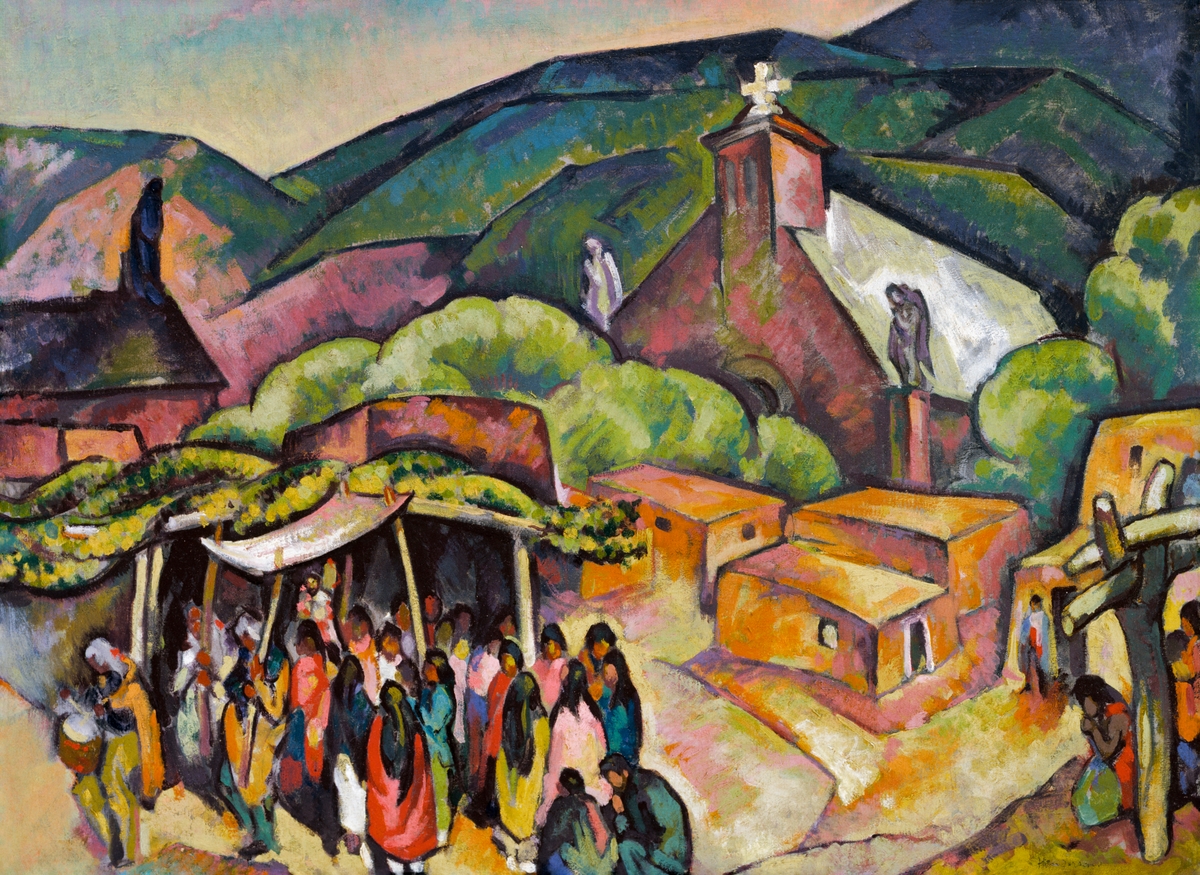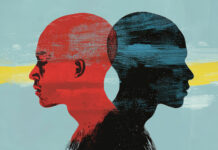A new study published in PLOS Global Mental Health examines how decisions around disability-inclusive policies are made in low- and middle-income countries (LMICs).
Researchers led by Ebruphiyo Ruth Useh from Stellenbosch University in South Africa discovered that factors beyond just evidence frequently influence decisions in this context. These factors include government legislation, power dynamics, stakeholder relationships, the local environment, funding sources, and attitudes toward disability.
The authors call for a reexamination of what counts as evidence and a broader inclusion of voices, particularly those of disabled people, in the policy-making process.
“Based on our scoping review findings,” the authors write, “we recommend the encouragement of multidisciplinary approaches that integrate the perspectives of varied sectors including (but not limited to) health, education, social sciences, construction, and labour in the work of disability policy and programming. We further advise that governments consistently involve a diverse range of stakeholders, including people with disabilities and advocacy groups, in the early stages of policy and programme formulation to ensure effective inclusivity.”
This research underscores how deeply political, cultural, and structural forces shape what counts as legitimate knowledge in mental health policy, revealing that decisions are often driven less by empirical evidence than by power dynamics, funding flows, and institutional interests. It highlights the systemic marginalization of lived experience and community knowledge, and the troubling ease with which technocratic solutions can override local needs and voices. By showing how the very idea of “evidence” is contested and shaped by context, the study invites a fundamental rethinking of whose knowledge is valued, how expertise is defined, and what it means to make inclusive, justice-oriented policy.
















The ego is the joker. It has a dark side and a light side, a moon side and a sun side. This light and dark is not in the verbal and intellectual structure, and hides within the motivation and the intention of these verbal and intellectual productions. So this darkness and this light aspect of the ego is not explicit and has to be uncovered. The dark aspect is the evil side, and it operates through strategic and instrumentalist thinking. It seeks what it wants, and it wants power, and runs on emotions. It thrives on conflict and dies in the absence of conflict, an experience you will know as boredom, mortification, withering anxiety, ossification. It is why we grow old and die. But the light side is the good, natural, eternal and spiritual, and simply sees, observes, understands, patiently. It is like the sun in being all self-giving, and the light it sheds on the human movements is the extending of it’s light into the darkness which impregnates the human soul. When seeing yourself and your life as it is and your relationships and other people as they are, you are in the selfless movement of the right side. It sees because it cares, but it does not judge when the human becomes careless because it is seeing and understanding why all of the time. That within you which is committed to the truth above what you want is of this light. If the dark side wins over and dominates the life, the life belongs to the darkness. If the light manages to illuminate the brain sufficiently in order to become alive to it’s care and perception, then the light is winning and the light can win over the life.
Report comment